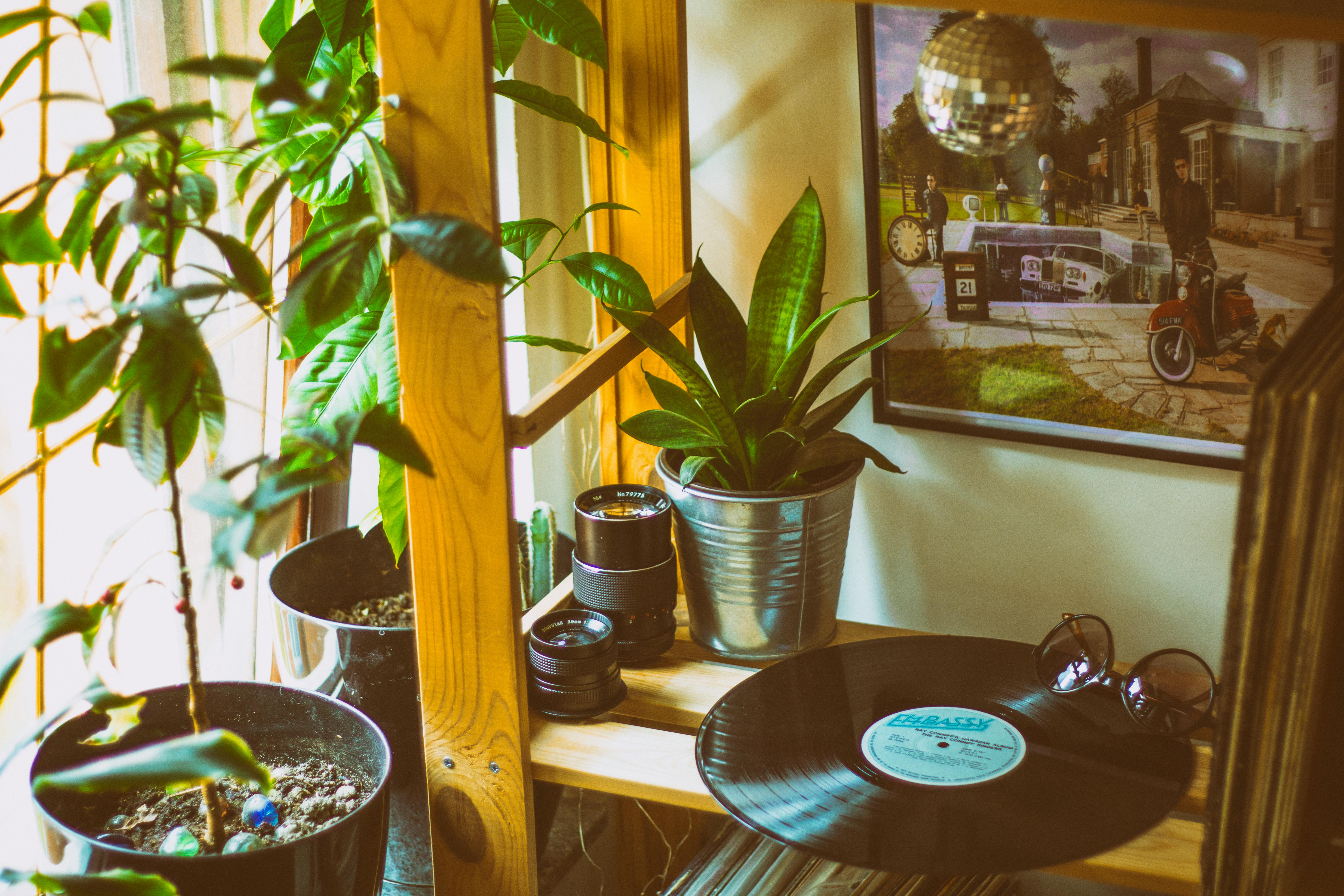Do you want more happiness in your life? Do more of what YOU do best
Google the term “happiness studies” and you’ll find a wealth of information on everything from the strength of our social media to the number of parks within walking distance of our homes. But the simple fact is that most of us don’t spend most of our days communicating with friends or hanging around the neighborhood, as much as we’d like to. We spend our days at work.
It stands to reason, then, that whether or not we’re happy at work plays a huge role in the overall quality of our lives. And unlike social media or open spaces, work is a realm where different things actually make different people happy.
Throughout my years as a business and career coach, I have drawn on the deep body of research associated with human behavior, which shows that we are happiest when we are involved in activities that draw on our natural abilities. And time and time again, I’ve seen even small changes in this field make a big difference in the lives of my clients (and, in turn, the success of sales teams).
Determining whether a particular skill you possess is natural or learned is an important step in doing more of what you do best.
A “skill,” as we’re using it here, means a behavior or skill that you’ve developed through training or experience. And while all skills are behaviors, not all behaviors are skills. For example, telling a joke is a skill; laughing at a joke is a behavior.
Some of your abilities are natural, meaning you were born with the potential to develop them easily. You usually have a strong affinity for those abilities that come naturally to you, which is the key to this whole happiness equation.
It’s worth noting here that this kind of approach goes far beyond the idea that if you have a natural affinity for math, you should study engineering. Engineering is a broad field: some areas of the field are collaborative, while others are individual; some involve interaction with the customer, while others do not. Get down to the level of what makes us really happy at work by acknowledging what we really do on a daily basis and how much we enjoy it.
Inevitably, some of the skills you use on the job are acquired, meaning you had to work harder to develop them than your natural abilities. But it’s likely that some of the skills he uses on a day-to-day basis are also natural.
You may be able to perform both with equal ease, but the skills that are acquired will cost you more in terms of psychological, emotional, and physical effort. Skills that come naturally to you will tend to keep you engaged, stimulated, and generally happier.
Take 10 minutes to reflect on the behaviors you do every day.
- Which of them are skills?
- Which of these do you find easy, look forward to using, or give you great satisfaction?
- Which do you find most difficult to use and find yourself procrastinating or procrastinating?
It may be possible to use more of your natural abilities in the course of your daily working life, and less of your acquired ones. Or maybe you need to make a change in your career. Either way, being truly happy at work means being clear about which skills come naturally to you and which don’t.
